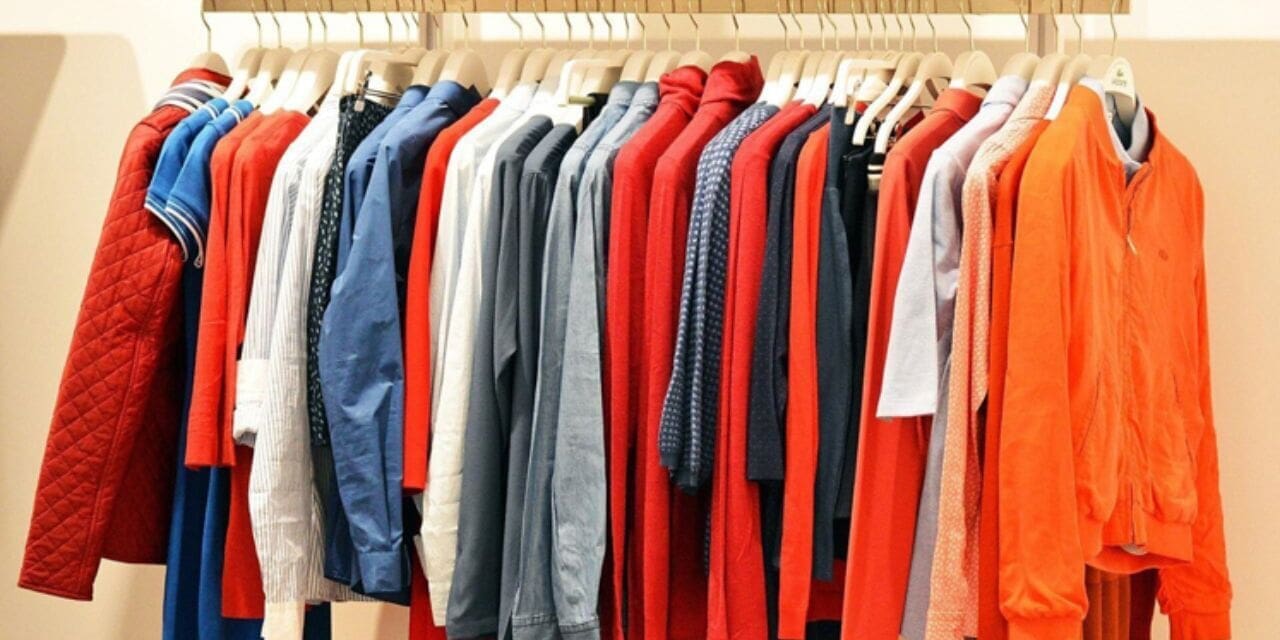Based on the data of EUROSTAT, the apparel import of EU from the world has declined by 9.22% during the first six months of 2023. That means, EU’s import from the world decreased to US$ 43.60 billion in January-June 2023 from US$ 48.03 billion in January-June 2022. In terms of quantity (measured in kilogram), EU’s clothing import also had a stiff downturn by 16.34% during the same time that means to 1.76 million KG from 2.10 million.
As far as EU’s apparel import from Bangladesh is concerned, it has declined by 13.65% in dollar value i.e. to US$ 9.78 billion January-June 2023 from US$ 11.32 billion in the corresponding period of 2022. Quantity wise (measured in kilogram), it has also declined by 17.59% during the mentioned period which is to 547.68 million KG in Jan-Jun 2023 from 664.60 million KG in Jan-June 2022.
EU’s import from the top sourcing country China has declined by 13.52% in dollar value to US$ 10.54 billion in January-June 2023 from US$ 12.19 billion in January-June 2022 and 15.45% in quantity (measured in KG), to 426.63 million KG from 504.57 million in January-June 2022 .
During January-June 2023, EU’s imports from Turkey, the third largest apparel source for EU has declined by 11.12% in value term and 22.89% in quantity.
On the other hand, EU’s imports from India and Vietnam has declined by 6.49 % and 2.54% respectively in value terms. In terms of quantity the import from the both countries has dropped by 14.07% and 10.74% respectively.
EU’s import from the other top sourcing countries such as Cambodia, Pakistan Morocco, Sri Lanka, Indonesia also showed decline by 10.14%, 11.04%, 12.99%, 18.48% and 17.45% respectively in value terms.
If we look at the unit price (USD value/kg), EU’s cumulative unit price of import from the world has increased by 8.52% in January-June 2023. The unit price of Bangladesh has increased by 4.79% (to US$ 17.85 from US$ 17.04 ). The unit prices of other countries have also shown positive growth during the mentioned period. However, the increase in unit price does not necessarily mean that the price level for same goods has gone up, but due to inflation the cost has increased, and also since Bangladesh is moving toward higher valued items, it is reflected in the price.

